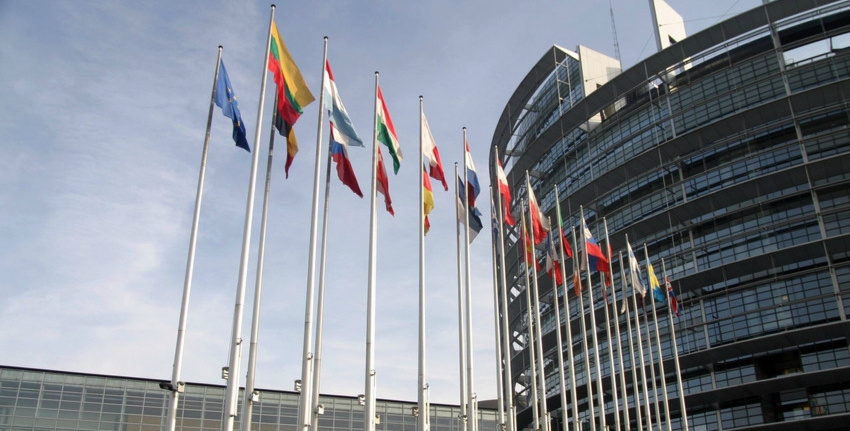
European Parliament hearing calls for more action on climate change by the EU
This week, EJF joined with Green MEPs Jean Lambert and Ska Keller on the panel at a hearing on the impacts of climate change on human rights and forced migration in Bangladesh.
Last year, the European Commission held a consultation on the impacts of climate change on migration as part of its review of how to enhance the external dimension of the EU Global Approach to Migration. This week, EJF joined with Green MEPs Ska Keller and Jean Lambert to hold a lunchtime hearing on what progress has been made in the EU. It found some positive change, but that failure to anticipate and respond to the impacts of climate change bears a significant human cost – particularly in frontline countries like Bangladesh.
The hearing began with a screening of Climate Changes Migration, a short film produced by MEP Ska Keller on behalf of the Greens in the European Parliament. The film outlines the immediate and severe threats posed by sea level rise and erosion to low-lying countries including Bangladesh, and the lessons that can be learned from others (for example, the Netherlands).
EJF highlighted how climate change is pushing many of the world's poorest people even deeper into poverty. Hunger is increasing, and there is a profound effect on health and nutrition. Housing and land are under threat. Where people are being deprived their basic human rights in this way, many are being forced to move from their rural villages to nearby towns and cities.
A rights-centred approach to responding to climate change is the best way to protect and assist these people. That is why EJF advocates a new legally-binding instrument for climate refugees.
EJF highlighted how women and children are particularly at risk from the impacts of climate change, noting that they represented 90% of fatalities in Bangladesh after Cyclone Gorky in 1991.
MEPs Ska Keller and Jean Lambert gave an insight into progress being made in the European Parliament, and reiterated the need for recognition of those who have been displaced. They called for amelioration of the impacts of climate change through ambitious commitments to curb emissions and also through structured and comprehensive adaptation planning. They noted that diversifying incomes of frontline communities, early warning systems and DRR and technology transfer must all be a part of this.
Interesting interventions were then made by the audience, including representatives from the Bangladesh Embassy and Consulate in Brussels, the European Commission and IOM. Points were raised about measures already being taken in Bangladesh (such as cluster villages of relocated communities and low cost, multi-storey buildings in urban areas). There was also discussion of relaxing immigration laws to enable migration from affected areas as an adaptation strategy, and the sub-contracting of employment to frontline countries in order to offer alternative livelihoods.
The European Commission has announced it will release a staff working paper in early 2013 as a follow-up to the consultation in 2011.
Upcoming events
Heinrich-Böll-Stiftung and the Greens will host a LUNCH DEBATE "Legal Protection of Climate Refugees – What role can the EU play?" on Tuesday, 5 June 2012 at the Renaissance Brussels Hotel. To find out more and to sign up, please email Silvia Brugger, brugger@boell.eu
EJF has announced a new online action calling for a new Special Rapporteur on Human Rights and Climate Change.
SIGN UP FOR OUR EMAILS AND STAY UP TO DATE WITH EJF